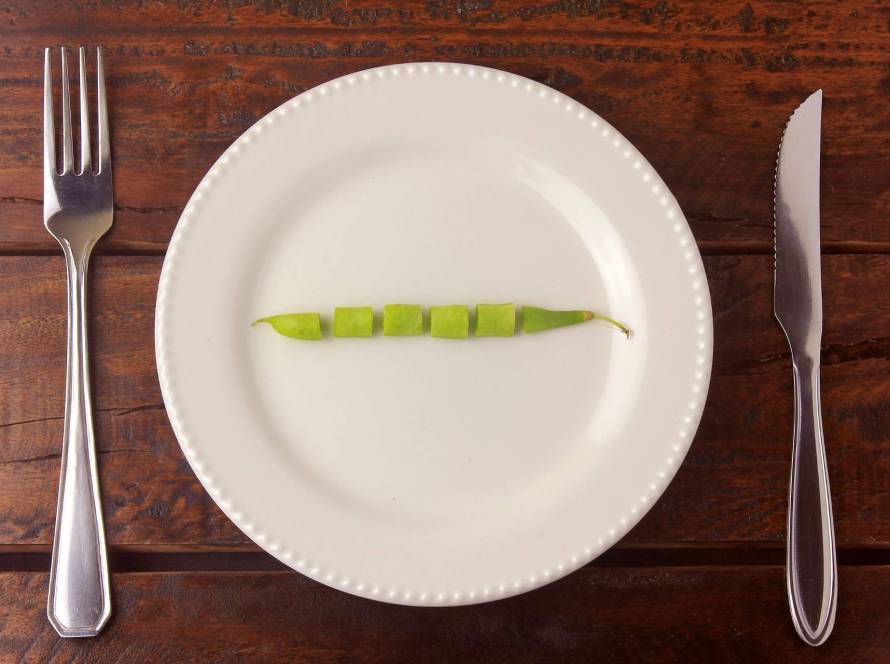Can antioxidants stop aging or do they just slow it down? This question matters more than ever as our world gets older.
This piece gets into the science that answers the question “do antioxidants prevent aging?“. We’ll learn about whether these compounds actually prevent aging or just make it happen more slowly.
Do antioxidant protect us from age-related decline?
Antioxidants don’t stop aging, but they help protect our cells from damage that speeds it up. They may support healthier aging by reducing inflammation and preserving cell function.
What are antioxidants and how do they work?
Antioxidants are diverse molecules that stop oxidation and shield cells from harmful free radicals. These compounds act as the body’s defense system against oxidative damage and play a key role in how cells age.
Types of antioxidants: endogenous vs. dietary
The human body maintains two main categories of antioxidants:
- Endogenous antioxidants naturally occur within our bodies. These include enzymatic antioxidants like superoxide dismutase (SOD), catalase (CAT), and glutathione peroxidase (GPx) that block free radical formation. Non-enzymatic endogenous antioxidants such as glutathione, melatonin and coenzyme Q10 also protect our cells;
- Dietary antioxidants come from outside sources, mainly through the food we eat. These external compounds include vital nutrients like vitamins C and E, along with thousands of plant-based phytochemicals. These substances work together with our body’s natural antioxidants and often boost their power.
Common examples: Vitamin C, E, polyphenols, glutathione
Vitamin C (ascorbic acid) serves as a powerful water-soluble antioxidant that rebuilds other antioxidants, especially vitamin E. Vitamin E protects cell membranes from lipid peroxidation as the main fat-soluble antioxidant.
Scientists call glutathione the “master antioxidant.” It exists in concentrations between 0.1-10 mM in cells, making it one of our body’s most abundant natural antioxidants. This tripeptide fixes carbon center radicals through hydrogen atom transfer at near-diffusion speeds.
Polyphenols show strong antioxidant properties and fight inflammation. We can find them in fruits, vegetables, tea and wine.
How antioxidants neutralize free radicals
Antioxidants fight free radicals through several methods. The main approaches include:
- Single electron transfer (SET) happens when antioxidants give electrons to free radicals without becoming harmful;
- Hydrogen atom transfer (HAT) works well with phenolic compounds found in berries and tea;
- Metal chelation stops transition metals from starting oxidation reactions.
Each antioxidant uses specific methods based on its chemical structure and cellular environment. Water-soluble antioxidants like vitamin C guard the cytosol and blood plasma. Lipid-soluble ones such as vitamin E protect cell membranes.
An antioxidant’s success depends on its concentration, how it reacts with specific reactive oxygen species, and how it works with other antioxidants. This explains why eating various antioxidant-rich whole foods helps more than taking isolated supplements.
What is oxidative stress and its role in aging?
Our body maintains a delicate balance between reactive oxygen species (ROS) production and antioxidant defenses. This balance, known as oxidative stress, plays a crucial role in how our cells age. The relationship between these elements forms the life-blood of cellular aging processes.
Free radical theory of aging
Denham Harman proposed the free radical theory of aging back in the 1950s. His theory suggests that cells collect oxidative damage as time passes, causing organisms to age. Scientists later refined this theory to highlight mitochondrial ROS’s role, since mammalian cells produce most free radicals in their mitochondria. Research shows that ROS and oxidative damage grow with age, though studies disagree about whether antioxidant treatments help.
The theory explains how normal metabolism continuously generates ROS. This process ended up causing progressive damage accumulation that breaks down cellular function and speeds up aging. The damage accumulates because our protective systems can’t keep up with all the different types of damage.
How oxidative stress damages DNA, proteins, and lipids
Oxidative stress wreaks havoc on every vital cellular macromolecule. DNA takes hits in multiple ways, from strand breaks to base modifications. Scientists have really studied 8-hydroxyguanine, the most common DNA damage marker. Mitochondrial DNA suffers the worst damage, it mutates 10 times more often than nuclear DNA. This happens because it sits right next to ROS production sites and lacks good repair systems.
ROS attacks change protein structures by creating carbonyl derivatives and disulfide bonds, which disrupt normal protein function. These damaged proteins can combine into clumps that scientists link to brain diseases.
Cell membranes suffer when ROS attacks their polyunsaturated fatty acids. This creates reactive compounds like malondialdehyde (MDA) and 4-hydroxynonenal (HNE). These breakdown products damage proteins and DNA even further, starting a chain reaction of cellular destruction.
Link to chronic diseases and cellular senescence
Long-term oxidative stress forces cells into senescence, a state between adaptation and death where cells stop growing. These senescent cells show poor lysosomal function and build up lipofuscin, a substance the body cannot break down.
The impact of oxidative stress reaches far beyond cellular damage. It contributes to many age-related diseases like Alzheimer’s, Parkinson’s, cancer, diabetes and heart problems. To name just one example, researchers found higher levels of oxidized DNA bases in Alzheimer’s patients’ brain tissue compared to healthy individuals.
Age and oxidative stress create a destructive loop. High ROS levels boost inflammatory cytokine production, and these cytokines increase ROS production. This connection directly links oxidative stress to chronic inflammation.
Do antioxidants slow aging or extend lifespan?
Scientists have discovered fascinating yet complex results in their quest to understand how antioxidants affect aging.
Evidence from animal studies
Animal research shows promising results. Tea extracts, apple polyphenols, and blueberry compounds extended mean lifespan by approximately 10-16% in fruit flies.
The picture gets more complicated with mammals. While oxidative damage increases with age in both human and canine brains, antioxidant supplements rarely help mammals live longer despite reducing oxidative markers, according to studies. The results took an unexpected turn when vitamin E and vitamin C supplementation actually shortened the lifespan of wild-derived voles.
Human studies on healthspan vs. lifespan
Clinical trials of antioxidant supplements for longevity have not lived up to expectations. Scientists have found links between antioxidant capacity and delayed disease onset, but these rarely translate to longer lifespans. To cite an instance, higher plasma vitamin C levels related to lower cardiovascular risk factors, yet dietary vitamin E intake showed an unexpected link to increased heart failure risk.
Factors influencing outcomes: dose, timing, source
Several variables determine how well antioxidants work. Vitamin E might become pro-oxidant in aged biological systems at high concentrations. The timing of treatment is vital, antioxidants might need to start working earlier in life to show results.
The source makes a big difference too. Foods rich in fruits and vegetables often provide benefits that isolated supplements cannot match. Each person’s genetic makeup also affects how well antioxidants work, which suggests the need for individual-specific approaches.
Should you take antioxidant supplements?
Scientific evidence, not marketing claims, should guide your choices when you navigate the world of antioxidant supplements. Studies reveal different outcomes between antioxidants from food and those from supplements.
Food vs. supplements: what studies show
Natural food sources of antioxidants offer clear benefits over isolated supplements. Multiple studies show that eating fruits and vegetables rich in antioxidants relates to reduced disease risk, but these benefits rarely show up in pill form.
Risks of high-dose supplementation
Taking high doses of antioxidant supplements might actually harm your health. Smokers face higher lung cancer risk from beta-carotene supplements raises lung cancer risk in smokers. Too much vitamin E could increase your chances of prostate cancer and stroke. High antioxidant doses might cause genetic cell abnormalities that make cancer more likely.
Who might benefit from supplements?
Some groups could benefit from specific supplements. People with metabolic syndrome and low antioxidant levels might see improvements. Vitamin C supplements could shorten colds by about 8%. Specific antioxidant formulas might slow down age-related macular degeneration.
Synergistic effects of combined antioxidants
Antioxidants work best together. Natural foods contain complex networks of antioxidants that support each other. Studies show that combinations like rosmarinic acid with curcumin protect better than single compounds. This teamwork explains why whole foods often outperform isolated supplements.
Antioxidants don’t stop aging or make us live much longer, but they help us age better when we get them from the right sources. Available evidence points to a balanced approach that works best. For now, eating varied, colorful, plant-rich diets remains the best evidence-backed way to support our cells’ health throughout life.


